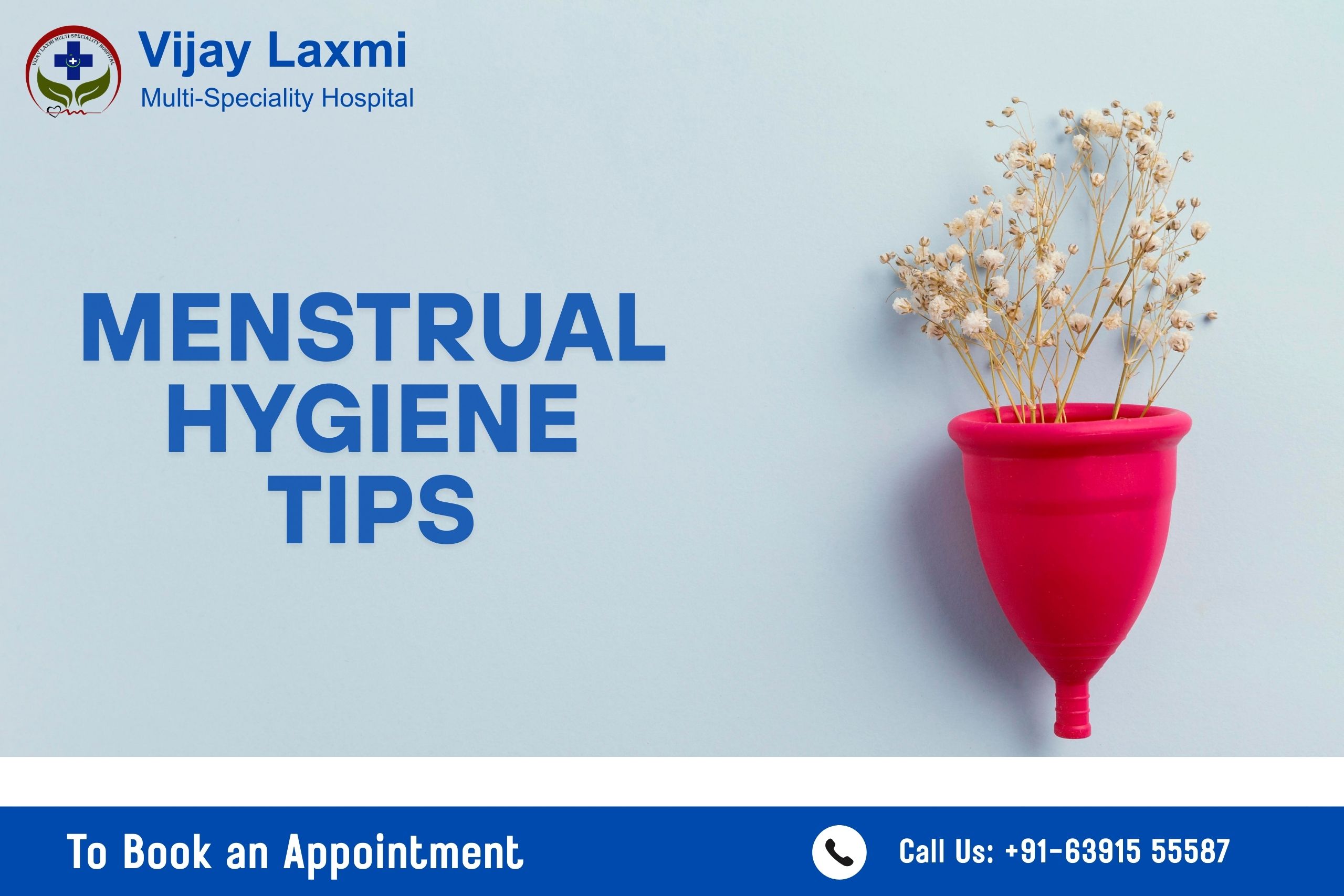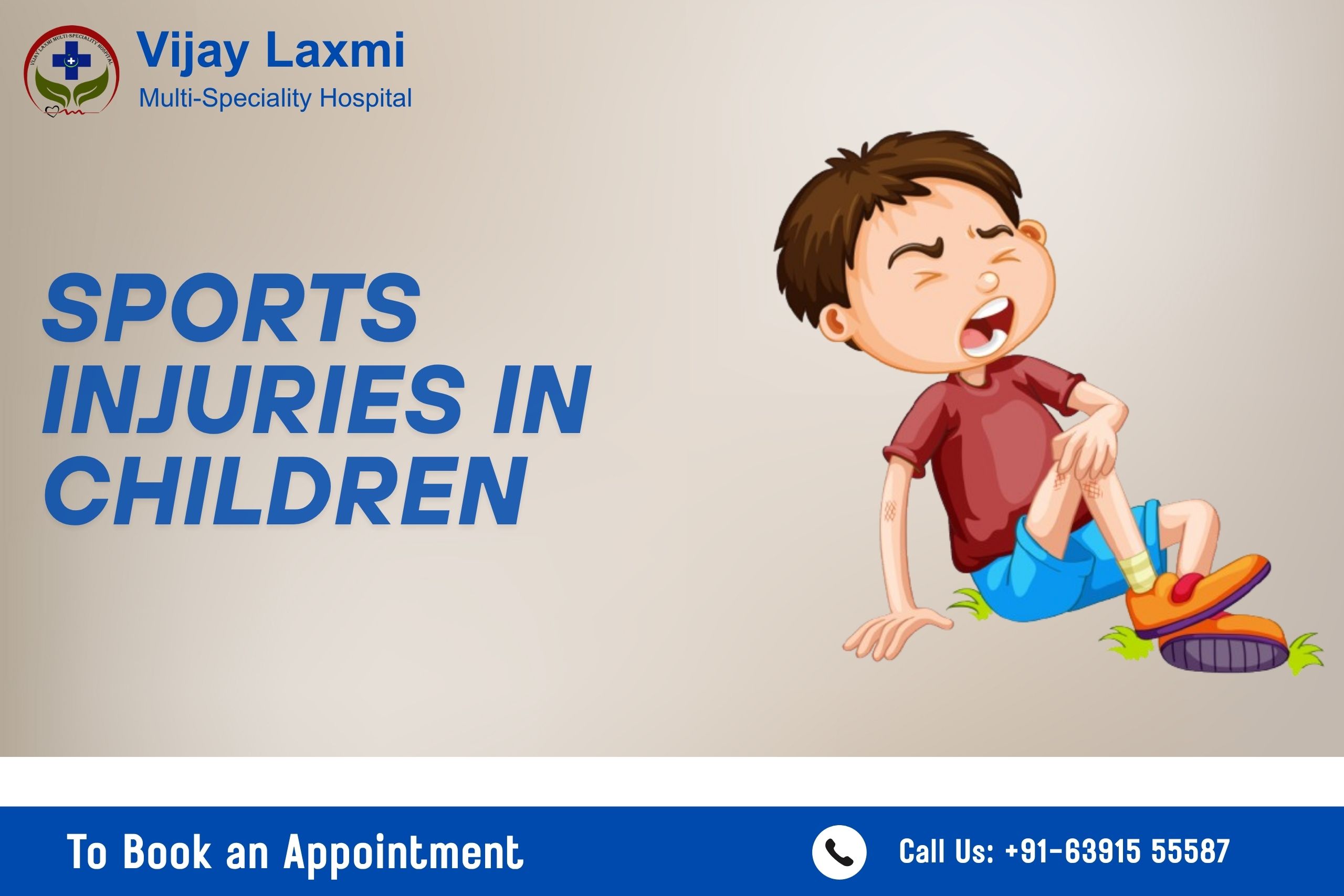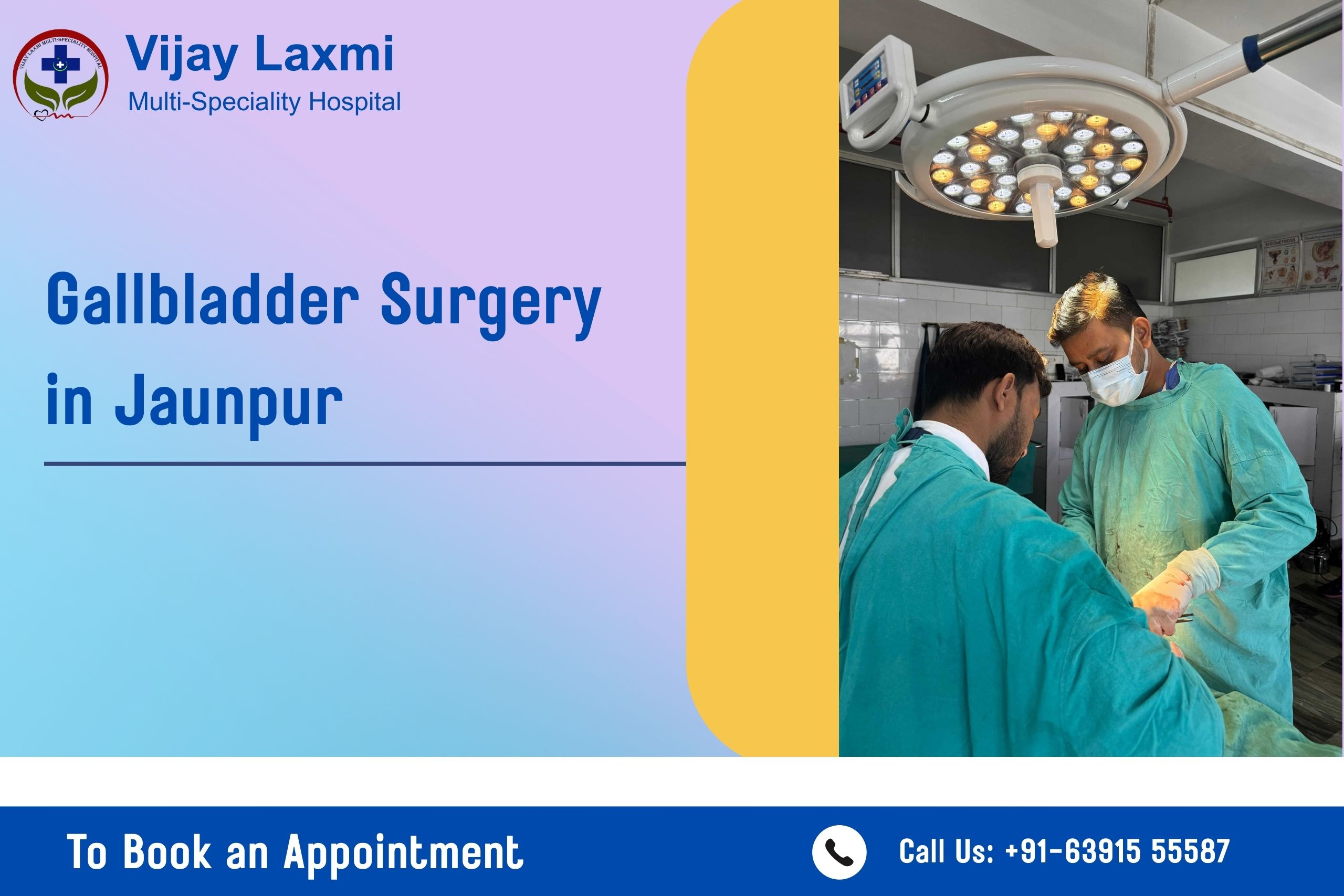
Monsoon in Jaunpur: Top Infections & When to Visit a Doctor
Why Monsoon Health Awareness Matters in Jaunpur?
The monsoon season brings much-needed relief from the scorching summer heat in Jaunpur. However, it also invites a host of infections and diseases that thrive in warm, wet, and humid conditions. With waterlogging, mosquito breeding, contaminated water, and unhygienic food practices, monsoon becomes a vulnerable time for health — especially in towns and villages surrounding Jaunpur like Kerakat, Mungra Badshahpur, Shahganj, Machhlishahr, Mariahu, and Chandvak.
At Vijay Laxmi Multi-Speciality Hospital, we see a significant surge in seasonal illnesses during this time. As one of the leading healthcare centers in the region, we offer timely diagnosis, laboratory testing, and effective treatment for all major monsoon-related infections — ensuring the people of Jaunpur and nearby areas stay safe and healthy throughout the rainy season.
Infections During Monsoon in Jaunpur
1. Dengue : Dengue is one of the most common mosquito-borne illnesses during monsoon. It spreads through the Aedes aegypti mosquito, which breeds in stagnant water. Common symptoms include high fever, joint pain, rashes, and low platelet count.
2. Malaria: Spread by Anopheles mosquitoes, malaria is another monsoon menace. It presents with cyclical fever, chills, sweating, and body aches.
3. Typhoid: Typhoid fever is caused by contaminated food or water. Symptoms include prolonged fever, weakness, abdominal pain, and loss of appetite.
4. Viral Fever: Monsoon-related viral fevers often spread in crowded or poorly ventilated places. Symptoms include fatigue, mild fever, sore throat, and body ache.
5. Gastroenteritis & Diarrhea: These occur due to consumption of contaminated water or unhygienic food, leading to loose motions, vomiting, and dehydration.
6. Fungal Skin Infections: Increased humidity causes skin problems like ringworm, athlete’s foot, and candidiasis, especially among people wearing damp clothes or shoes for long hours.
7. Respiratory Infections: Colds, bronchitis, sinusitis, and asthma often worsen in this season due to humidity and air pollutants.
Why Jaunpur’s Monsoon Conditions Worsen Health Risks?
Jaunpur and its neighboring towns face infrastructure challenges that worsen infection risk during monsoon:
- Stagnant water in lanes and potholes becomes breeding ground for mosquitoes.
- Uncovered drains and poor sanitation in urban slums and rural homes contribute to gastrointestinal infections.
- Contaminated drinking water, especially in areas like Rampur, Line Bazar, and Hussainabad, increases typhoid and diarrhea cases.
- Humidity and poor ventilation encourage respiratory and skin-related illnesses.
When to Visit a Doctor: Red Flag Symptoms You Shouldn’t Ignore
Recognizing early symptoms can be lifesaving. You should visit a hospital if you or a family member experiences:
- High fever lasting more than 3 days
- Severe headache, rashes, or vomiting
- Breathing difficulties or persistent coughing
- Blood in stool or vomiting
- Weakness, fatigue, or dizziness
At Vijay Laxmi Multi-Speciality Hospital, Jaunpur, we’re equipped with 24/7 emergency services, advanced diagnostics, and experienced specialists ready to handle these symptoms promptly and effectively.
Preventive Tips to Stay Healthy During Monsoon
– Drink only boiled or filtered water
– Avoid street food and raw vegetables
– Use mosquito repellents and nets
– Keep your home and surroundings clean and dry
– Wear full-sleeve clothes and rain-friendly footwear
– Wash hands regularly and maintain personal hygiene
– Get vaccinated for typhoid, hepatitis A, and influenza
Our hospital also offers preventive health check-up packages tailored for seasonal needs.
How Vijay Laxmi Multi-Speciality Hospital Helps Patients During Monsoon Illnesses?
At Vijay Laxmi Multi-Speciality Hospital, we understand that monsoon-related infections can escalate quickly if not diagnosed and treated on time. That’s why we’ve developed a comprehensive seasonal care approach specifically tailored to the health challenges faced by residents of Jaunpur and surrounding areas like Shahganj, Kerakat, Madiyahun, Machhlishahr, and Mariahu.
Here’s how we support our patients:
1. Advanced Diagnostic Testing
Our hospital is equipped with modern laboratory facilities for:
- Dengue NS1, Malaria, and Widal tests
- Stool and urine cultures
- Rapid viral screening
- Chest X-rays and blood work
This enables quick diagnosis, reducing the risk of complications.
2. 24×7 Emergency and IPD Services
Monsoon infections like dengue, typhoid, or gastroenteritis can sometimes require hospitalization. We provide:
- 24/7 emergency care with trained medical staff
- Inpatient services with isolated infection-control protocols
- Constant monitoring of critical patients
3. Outpatient Consultation for All Age Groups
Whether it’s a child with a fever or an elderly patient with a respiratory issue, our specialists offer:
- General medicine consultation
- Pediatric and geriatric care
- Follow-up treatment plans for recovery
4. Preventive Care Packages
We offer affordable seasonal health check-up packages, especially for those with:
- History of infections
- Weak immunity
- Children and elderly who are most vulnerable
These packages include tests, consultations, and dietary advice to stay healthy throughout monsoon.
5. Hygienic, Patient-Centric Environment
Cleanliness is critical during monsoon. At Vijay Laxmi Multi-Speciality Hospital, we ensure:
- Regular sanitization of wards and OPDs
- Use of single-use disposables
- Isolation rooms for contagious cases
6. Serving the Larger Jaunpur Community
We serve patients not only from Jaunpur city but also from nearby areas like:
Machhlishahr, Kerakat, Shahganj, Madiyahun, Chandvak, Line Bazar, Sadar Bazar
Our local accessibility makes it easier for families to reach quality healthcare when they need it most.
FAQs about Monsoon Infections in Jaunpur
Q1: Why do infections rise during monsoon in Jaunpur?
Because of stagnant water, poor sanitation, and high humidity, which foster bacteria, viruses, and mosquitoes.
Q2: Can I treat monsoon infections at home?
While mild symptoms can be managed with rest and hydration, any persistent fever, vomiting, or weakness needs medical attention.
Q3: Which areas around Jaunpur are most affected during monsoon?
Areas like Shahganj, Kerakat, Madiyahun, Machhlishahr, Line Bazar, and Sadar Bazar often report higher infection rates due to drainage and water quality issues.
Q4: What food should I avoid during monsoon?
Avoid raw salads, outside chutneys, stale food, and unfiltered water. Focus on freshly cooked, warm meals.
Q5: How do I get treated at Vijay Laxmi Multi-Speciality Hospital?
You can call our reception or walk in 24×7. We provide OPD, IPD, lab, and emergency care for all monsoon-related illnesses.
Stay Safe This Monsoon — Visit Vijay Laxmi Multi-Speciality Hospital
If you or your loved ones are showing signs of monsoon illness, don’t delay. Early intervention can prevent serious complications.
Call Us: 063915 55587
Visit Us: Laxmi Complex, Jaycees Chauraha, Azamgarh Rd, Pratap Colony, Jaunpur, Uttar Pradesh 222002











